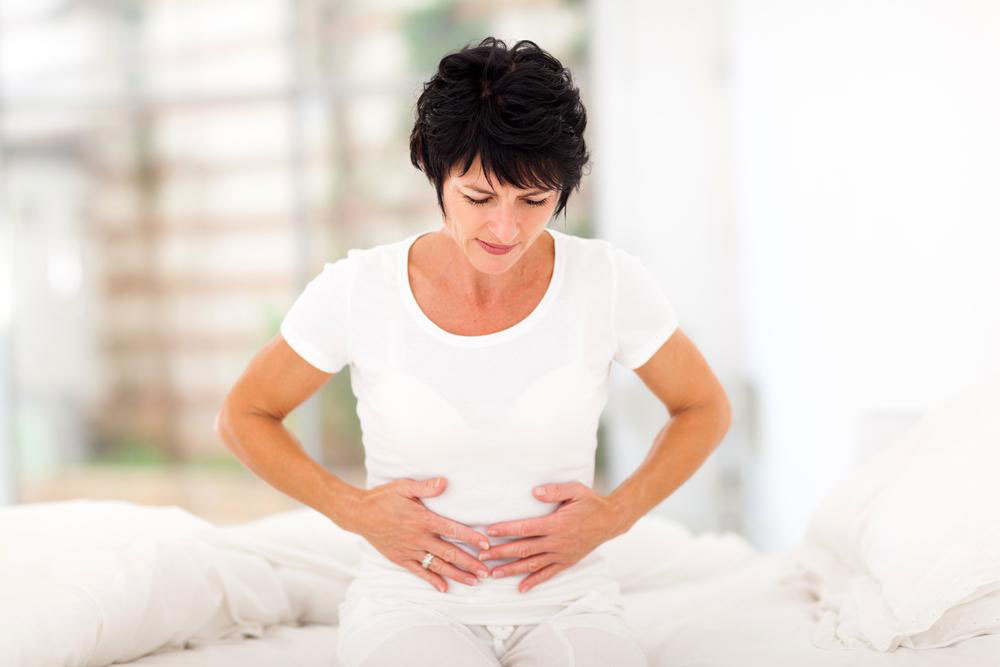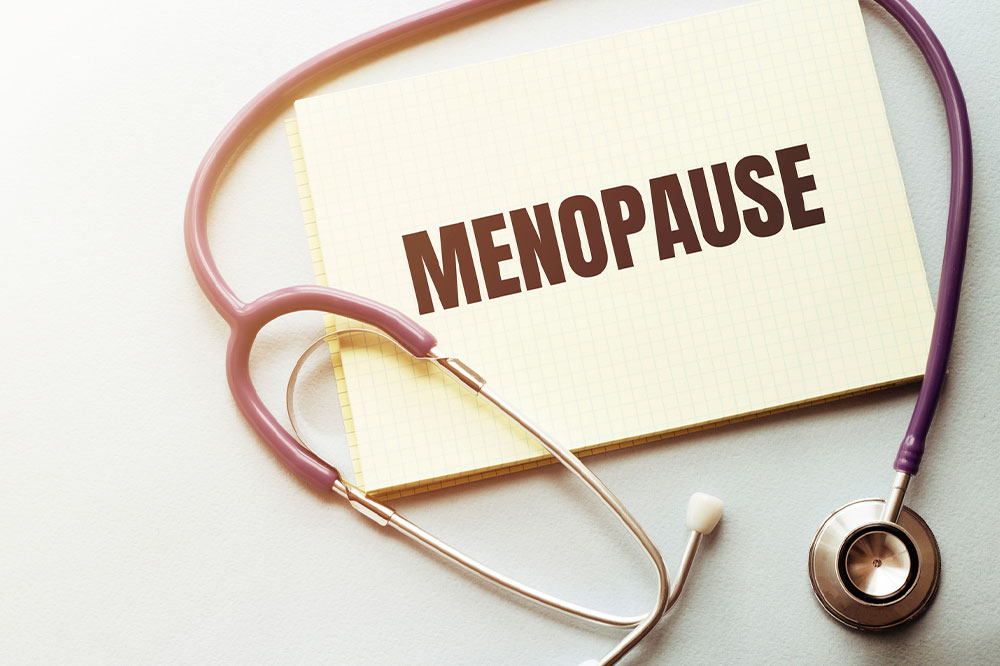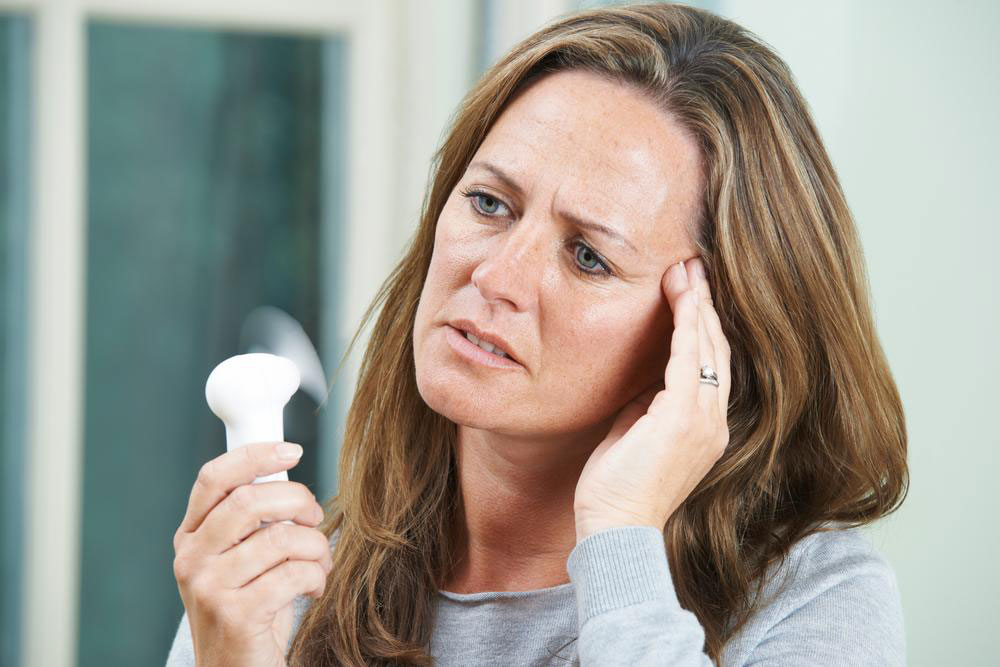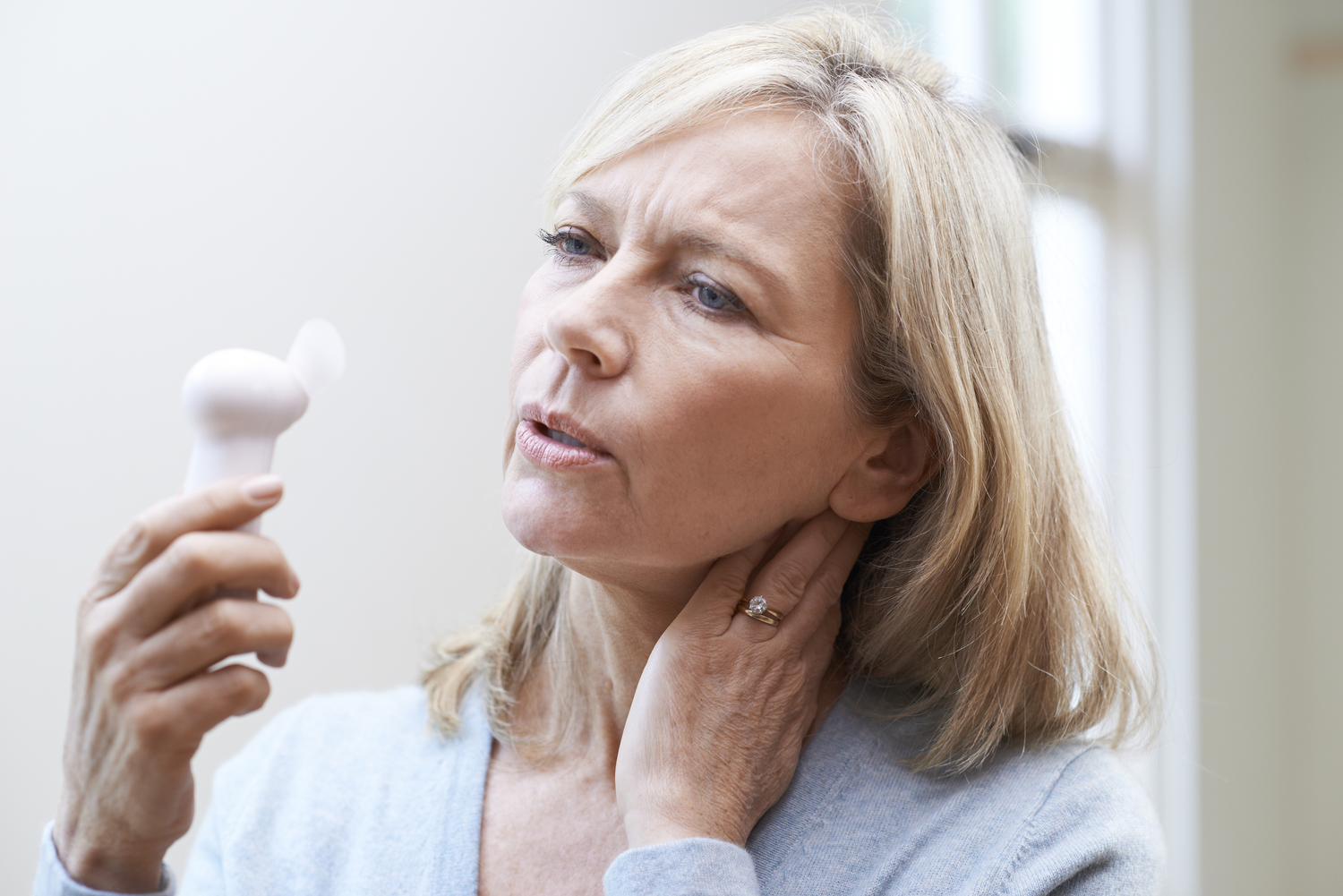Essential Insights into Menopause: Causes, Phases, and Management
Explore comprehensive insights into menopause, including its phases, symptoms, diagnosis, and effective management strategies. Learn how lifestyle choices can ease symptoms and improve quality of life during this natural life stage.

Essential Insights into Menopause: Causes, Phases, and Management
Menopause marks the end of a woman's menstrual cycles, confirmed after 12 consecutive months without a period. Typically occurring around age 51 in the U.S., it can begin in your 40s or even earlier. This natural biological transition can bring about symptoms that affect daily life.
Stages of Menopause:
Menopause passes through three distinct phases:
Perimenopause
This initial stage involves hormonal shifts leading to the end of regular ovulation and fertility. It often begins in the 40s, sometimes earlier, and symptoms include irregular periods, sleep disturbances, and hot flashes.
Menopause
Defined by a year-long absence of menstruation, menopause signifies the conclusion of reproductive capability. Symptoms may still be present, but fertility ends at this stage.
Postmenopause
Following menopause, most symptoms lessen, and energy levels improve. Nevertheless, reduced estrogen increases risks of osteoporosis, urinary and vaginal changes, and cardiovascular issues.
Diagnosis:
When experiencing menopause signs, your doctor may confirm through blood tests measuring estrogen and follicle-stimulating hormone (FSH). Elevated FSH and decreased estrogen suggest menopausal status. TSH tests help rule out thyroid issues with similar symptoms. Home FSH testing kits are available but may be inconclusive due to cycle variations.
Managing Menopause Symptoms:
Menopause is natural, but symptoms can be eased with lifestyle adjustments. Maintaining a healthy weight through balanced nutrition—rich in fruits, vegetables, calcium, and vitamin D—and avoiding processed foods is essential. Regular exercise, about 150 minutes of moderate activity weekly, supports overall health and bone strength. Prioritizing health during postmenopause can help prevent associated risks and promote well-being.
Disclaimer:
This article provides general information about menopause, its symptoms, and management strategies. It should not replace professional medical advice. Always consult healthcare professionals for personalized diagnosis and treatment options.










